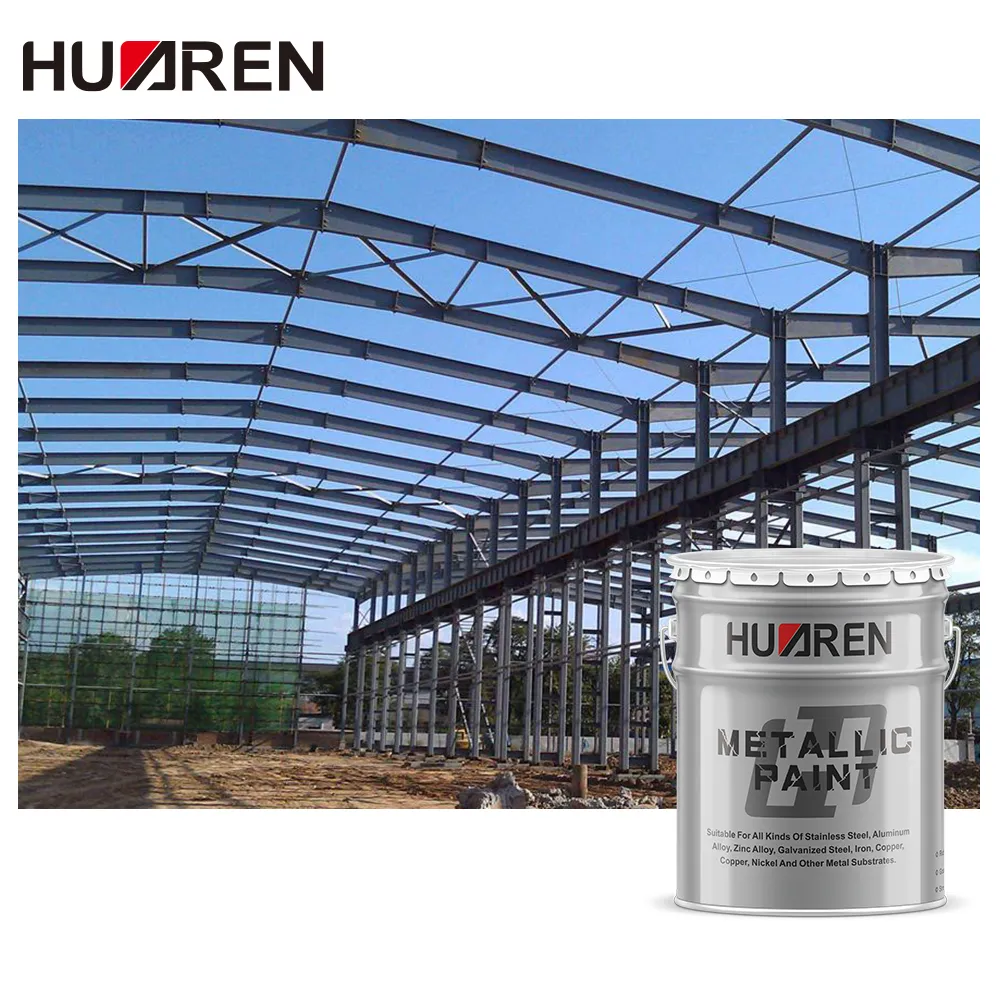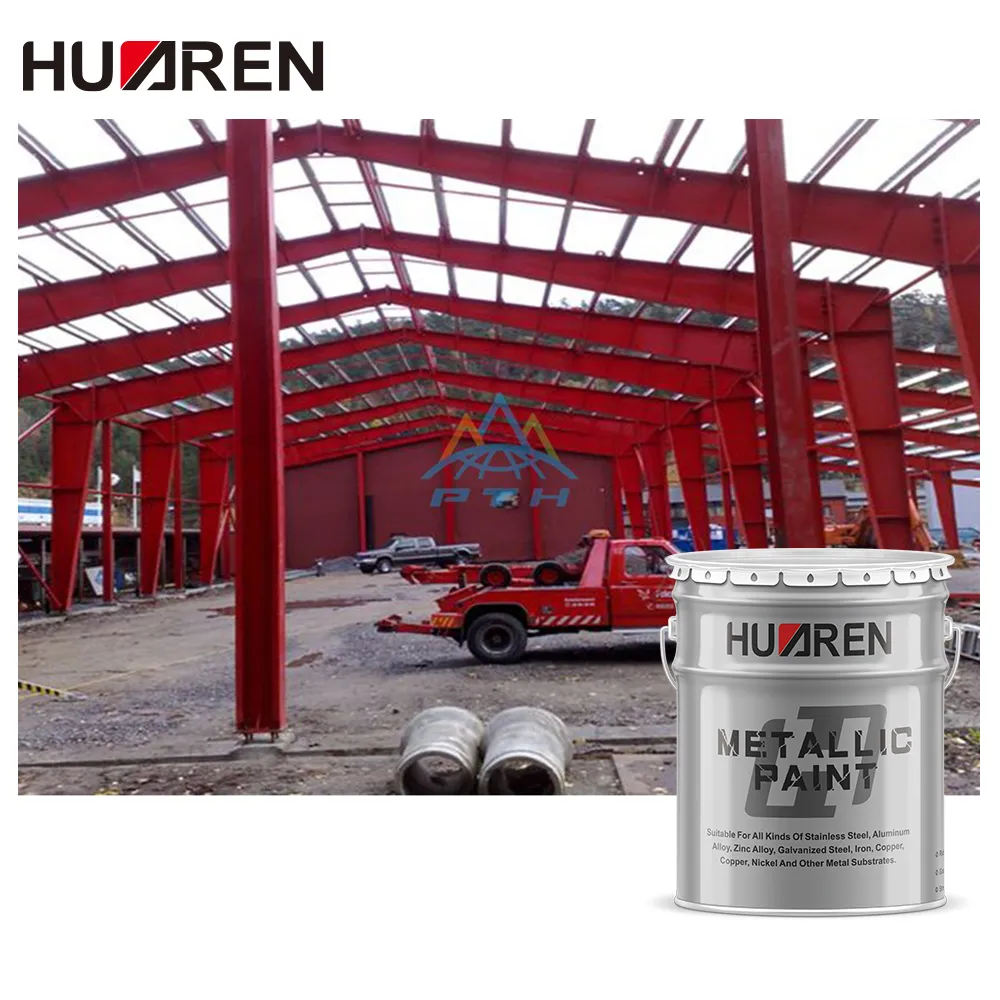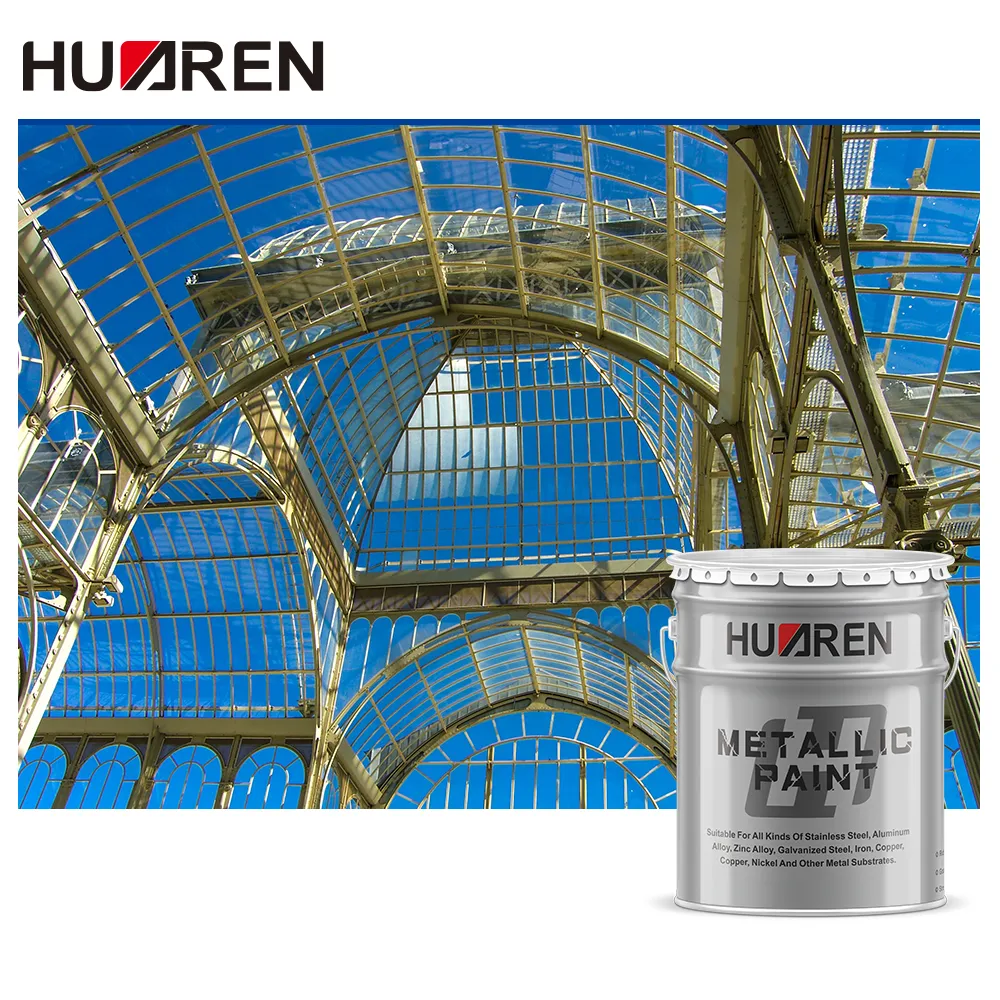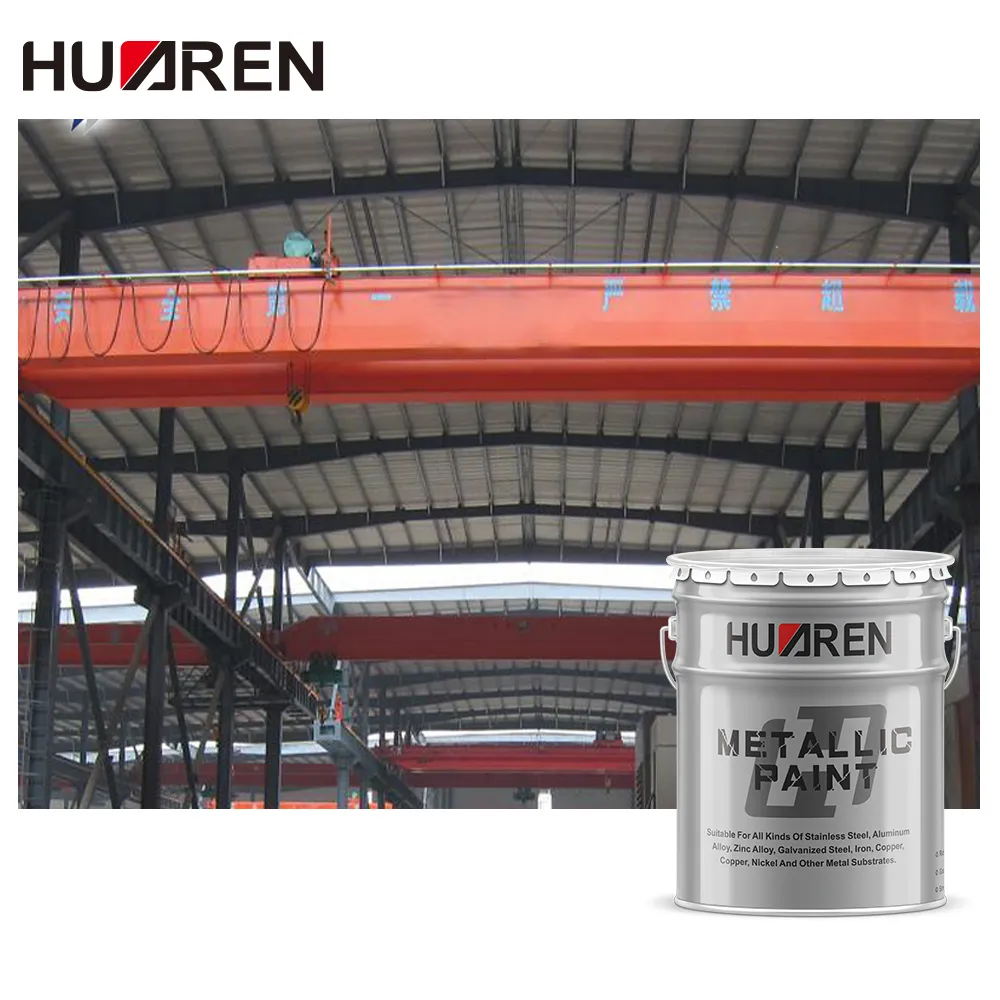In the field of modern industrial and architectural coatings, primer is an indispensable coating material. Its function is not limited to providing adhesion for the topcoat, but more importantly, it can protect the substrate and extend the life of the structure. Among the many types of primers, self etching primer and epoxy primer have attracted widespread attention due to their unique properties.
However, do these two primers have the same function? Can their functions replace each other? This article will analyze in detail from the aspects of concept, composition, performance, and applicable scenarios to answer this question for readers.

What is self etching primer?
Self etching primer (Self-Etching Primer) is a primer containing acidic components, which is mainly used for slight chemical etching of metal surfaces. This etching action enables the primer to penetrate into the micropores of the metal surface, thereby enhancing the bonding between the paint film and the substrate. Self etching primer usually exists in a single component form, and can provide good adhesion for subsequent coatings without additional treatment after spraying.
Main components of self etching primer
● Phosphoric acid or other acidic components: used to achieve a slight chemical etching effect
● Resin: Generally acrylic resin or other polymers, providing the film-forming properties of the primer.
● Solvent: Used to dilute and control the construction properties of the paint.
● Pigment filler: Increase the thickness of the coating or improve certain properties.
Features of self etching primer
● Good adhesion: Acidic components can react chemically with metals to improve the adhesion of primers.
● Simple construction: No complex surface treatment is required, and it can be directly brushed or sprayed.
● Suitable for non-ferrous metals: For substrates such as aluminum and galvanized steel that have poor adhesion to traditional primers, self etching primer performs particularly well.

What is epoxy primer?
Epoxy primer (Epoxy Primer) is a high-performance primer based on epoxy resin, which is characterized by strong corrosion resistance and excellent mechanical properties. Epoxy primer is usually a two-component product, which is mixed with resin and curing agent. Due to its chemical cross-linking properties, epoxy primer can form a strong protective layer on the surface of metal and non-metallic substrates.
Main components of epoxy primer
● Epoxy resin: Provides the matrix properties of the primer, such as chemical resistance and adhesion.
● Curing agent: commonly polyamide or amine compounds, used to promote the cross-linking reaction of epoxy resin.
● Filler and pigment: used to enhance the mechanical properties and appearance characteristics of the coating.
● Solvent: adjust the construction performance.
Characteristics of epoxy primer
● Excellent anti-corrosion performance: the dense coating formed by epoxy resin can effectively block moisture, oxygen and chemicals.
● High mechanical strength: wear-resistant and impact-resistant, suitable for harsh construction and use environments.
● Wide applicability: can be applied to a variety of substrates such as metal and concrete.
● Long drying time: epoxy primer takes a long time to cure, and attention should be paid to environmental conditions during construction.

Comparison of the effects of self etching primer and epoxy primer
From the perspective of the function and application of primers, self etching primer and epoxy primer are similar in some aspects, but their effects and scope of application are significantly different.
1. Adhesion
● Self etching primer: chemically reacts with the metal surface through acidic components to significantly enhance the adhesion of the primer, especially suitable for substrates that are difficult to adhere to, such as aluminum and galvanized steel.
● Epoxy primer: Relying on the mechanical adhesion of epoxy resin, it forms a strong bond with most substrate surfaces, but additional treatment measures may be required for highly smooth surfaces.
2. Anti-corrosion performance
● Self etching primer: It is mainly used to improve adhesion, and its contribution to anti-corrosion performance is relatively limited. It needs to be used with special anti-corrosion coatings.
● Epoxy primer: With its dense coating and chemical inertness, it can provide strong anti-corrosion protection for the substrate and is an important part of the anti-corrosion coating system.
3. Applicable scenarios
● Self etching primer: It is suitable for environments that require rapid construction and improved adhesion. It is usually used for the coating of small metal parts or non-ferrous metals.
● Epoxy primer: It is more suitable for large-scale engineering projects that require long-term protection, such as steel structures, ships, bridges, etc.
4. Construction complexity
● Self etching primer: The construction steps are relatively simple, and generally no cumbersome surface pretreatment is required, but it cannot be sprayed too thick, otherwise it will affect the coating performance.
● Epoxy primer: The construction requirements are high, and the surface cleanliness, temperature, humidity and other conditions of the substrate need to be strictly controlled.
5. Role in coating system
● Self etching primer: Mainly used as adhesion promoter, providing a good foundation for subsequent topcoat.
● Epoxy primer: In the coating system, it is not only used as a primer, but also has multiple protection functions such as anti-corrosion and moisture-proof.

Can self etching primer and epoxy primer replace each other?
From the above comparison, it can be seen that self etching primer and epoxy primer have their own emphasis on functions and performance, so they cannot simply replace each other. Self etching primer is more suitable for scenes with improved adhesion, while epoxy primer performs well in environments that require durable protection.
When to choose self etching primer?
● The substrate is a metal with a smooth surface such as aluminum and galvanized steel;
● There are high requirements for construction speed and simplicity;
● There are additional anti-corrosion protection measures in the coating system.
When to choose epoxy primer?
● The use environment is harsh and long-term anti-corrosion protection is required;
● There are various types of substrates, including metals, concrete, etc.;
● The coating system needs to withstand mechanical impact, chemical corrosion, etc.
Huaren Chemical Industry Co., Ltd. has been a reliable supplier of industrial coatings and resins since 1994. Our comprehensive product range, including epoxy primers, phenolic paints, and waterborne industrial paints, caters to industries like construction, machinery, and shipbuilding. With advanced production facilities and strict quality control, we deliver high-quality products at affordable prices. Whether you're looking for wholesale options or customized solutions, Huaren Chemical provides the perfect balance of quality and value.

